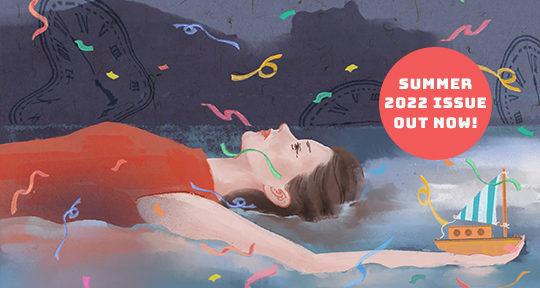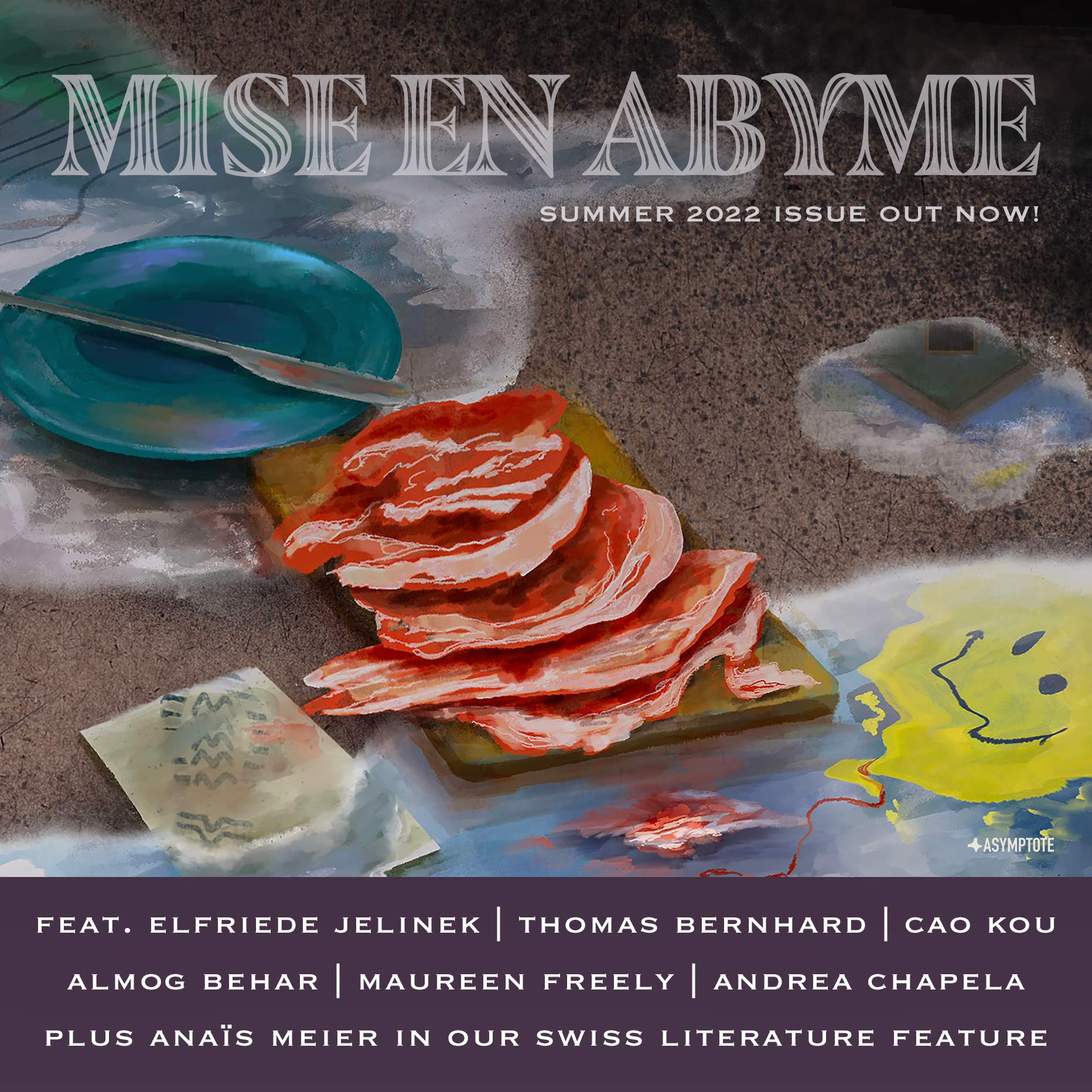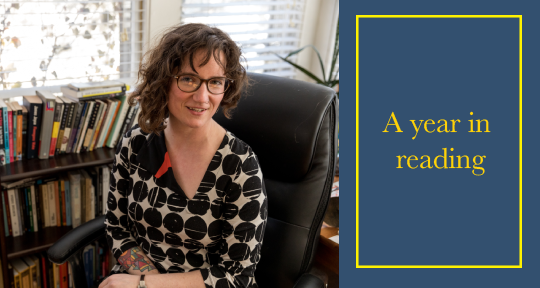2022 was a bumper year for fascinating interviews, and one of the best of the bunch, in this humble editor’s opinion, is also our sixth most read article of the year. For our Summer issue, Assistant Interview Editor Rose Bialer sat down with acclaimed translator Maureen Freely to discuss her upbringing in Istanbul, the craft of translation, and the state of literature in Turkey today.
It takes two to make an interview really work: Bialer has a knack for perceptive questions, and Freely is lyrically articulate about her unusual upbringing. Unsurprisingly, the conversation is full of gems, such as when she talks about working with Nobel laureate Orhan Pamuk as the English translator of his novels. Their relationship is complex, delicate, respectful, and as Pamuk’s star rises, it grows increasingly strained. The two are “exact contemporaries” and grew up in similar parts of Istanbul, and when he writes about his childhood in the city, his memories, so different from her own, start to crowd out hers:
I love that chapter he wrote about hüzün, and the black and white city that it veiled so hauntingly. To read it is to go into a trance. To translate it was to fall under a spell that took me several years to break. I could no longer see the golden Istanbul I’d known as a child. As for the campus where I’d grown up and he’d gone to school, he passed over it in just a few paragraphs. He wrote about the library, and he wrote about skiving. When we were going through that part of my translation, I pointed to the gap between two of those paragraphs, and I told him that my whole life had vanished into that blank space.
If you’re curious about some of Freely’s output, read Irmak Ertuna Howison’s review of her translation of Sevgi Soysal’s Dawn from the Asymptote Blog.
And if her interview piques your interest in Turkish literature, don’t forget that our twelve-year digital archive is a veritable treasure trove of gems waiting to be discovered.








